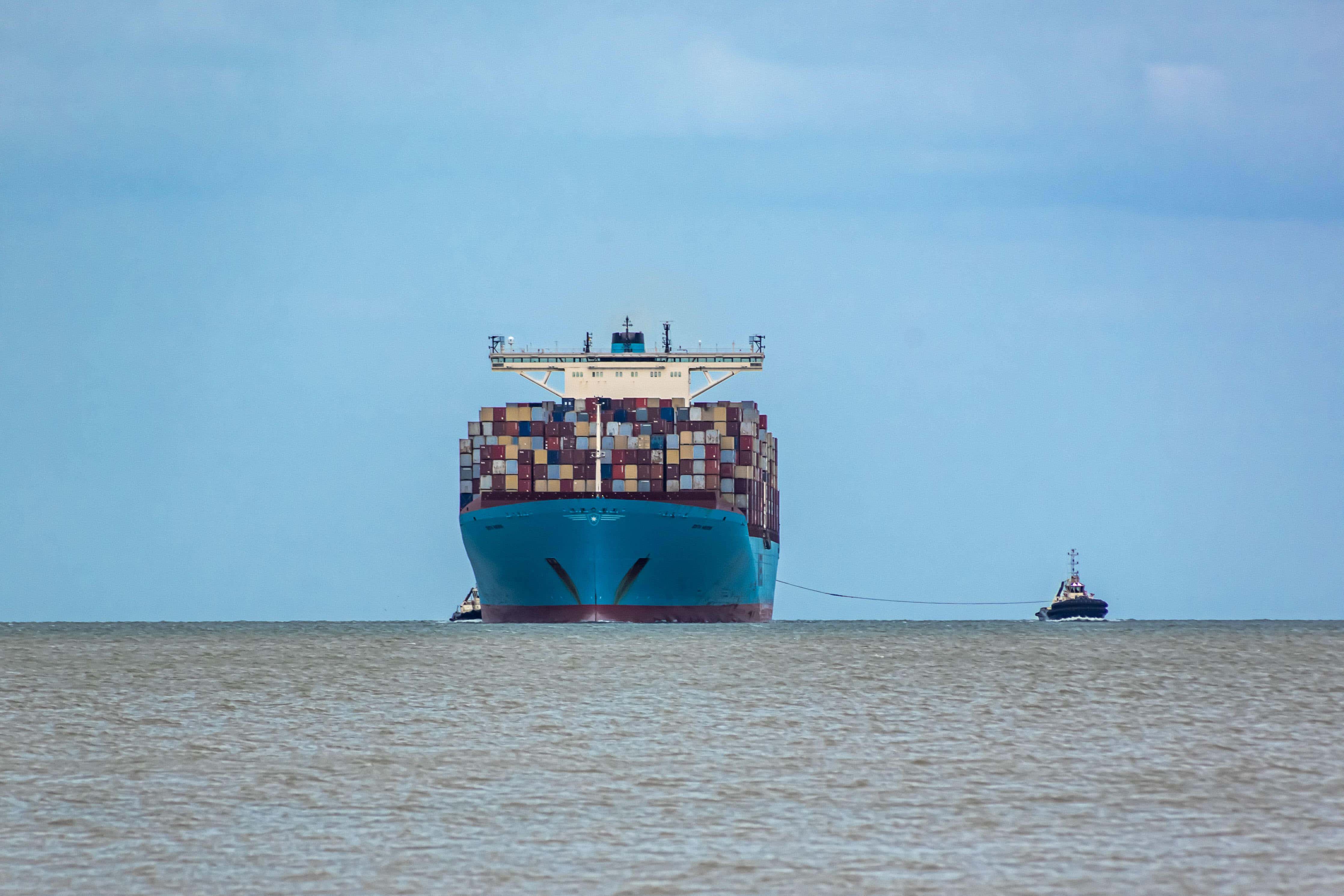Building costs jump as Red Sea disruption pushes up shipping prices
The S&P Global/CIPS construction purchasing managers’ index revealed that input costs rose in January for the first time since September.

Your support helps us to tell the story
From reproductive rights to climate change to Big Tech, The Independent is on the ground when the story is developing. Whether it's investigating the financials of Elon Musk's pro-Trump PAC or producing our latest documentary, 'The A Word', which shines a light on the American women fighting for reproductive rights, we know how important it is to parse out the facts from the messaging.
At such a critical moment in US history, we need reporters on the ground. Your donation allows us to keep sending journalists to speak to both sides of the story.
The Independent is trusted by Americans across the entire political spectrum. And unlike many other quality news outlets, we choose not to lock Americans out of our reporting and analysis with paywalls. We believe quality journalism should be available to everyone, paid for by those who can afford it.
Your support makes all the difference.Construction firms have seen the first jump in building costs since last autumn as Red Sea disruption sent shipping prices higher, according to a report.
The latest S&P Global/CIPS construction purchasing managers’ index (PMI) revealed that overall input costs rose last month for the first time since September and at the fastest pace since May last year.
Some firms flagged higher costs for imported building materials due to the Red Sea attacks on ships, according to S&P Global.
This is mostly affecting imports from Asia, it said.
Higher prices paid for imported items contributed to a rise in overall cost burdens for the first time since last September
It comes as clothing and home retailers and supermarkets have warned over delays to imported stock and higher costs as ships are being forced to reroute away from the Red Sea.
The attacks on ships by the Iran-backed Houthi rebels in Yemen has forced some firms to divert vessels around Africa, rather than using the all-important Suez Canal to travel between Europe and Asia, adding transport costs and time delays.
US and UK forces have responded with strikes against the rebels.
There are fears that the disruption could pose a risk to inflation and therefore hopes that interest rates will be cut this year.
The Organisation for Economic Co-operation and Development warned in its latest economic outlook on Monday over the potential for the shipping woes to push up inflation if it affects the cost of goods and energy prices.
Despite the cost pressures, the PMI report showed construction firms were the most optimistic in two years on hopes that interest rates have peaked and the worst of the downturn is behind them.
The report recorded a better-than-expected reading of 48.8 in January, up from 46.8 in December and the highest reading since August last year.
Most economists had expected a PMI score of 47.2 in January.
The figure remained below the crucial 50 no-change threshold for the fifth month running, which indicates that output from the sector continues to contract, albeit at a slower pace.
Tim Moore, economics director at S&P Global Market Intelligence, which compiled the survey, said: “UK construction companies seem increasingly optimistic that the worst could be behind them soon as recession risks fade and interest rate cuts appear close on the horizon.
“The prospect of looser financial conditions and an improving economic backdrop meant that business activity expectations strengthened to the highest for two years in January.”
He added: “House-building remained by far the weakest-performing category, despite the rate of decline easing to its slowest since March 2023.
“Meanwhile, higher prices paid for imported items contributed to a rise in overall cost burdens for the first time since last September.”
The report showed that house-building continued to drop last month, although at the slowest pace since March last year.
“Survey respondents noted subdued demand conditions and a lack of work to replace completed projects,” according to the survey.